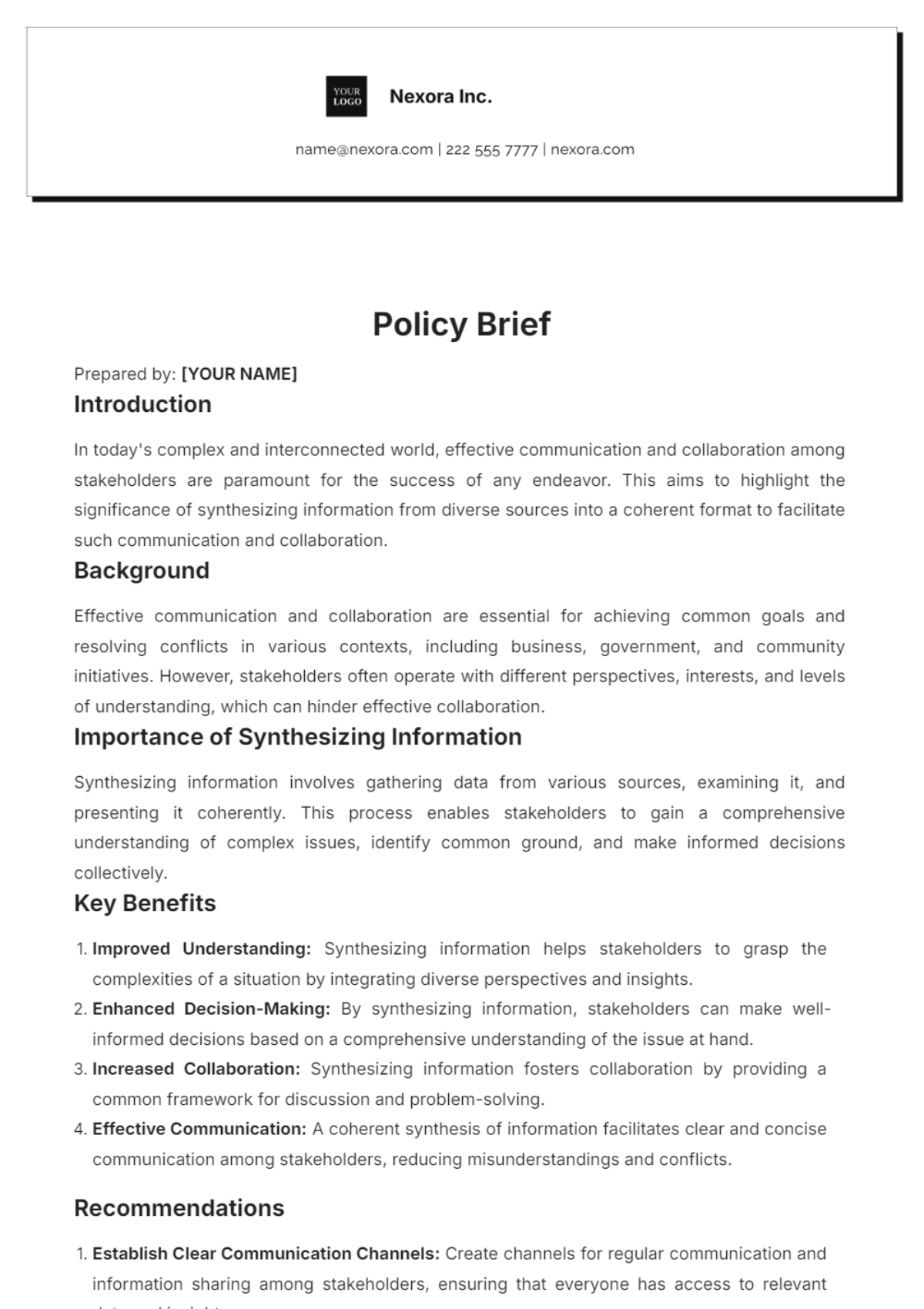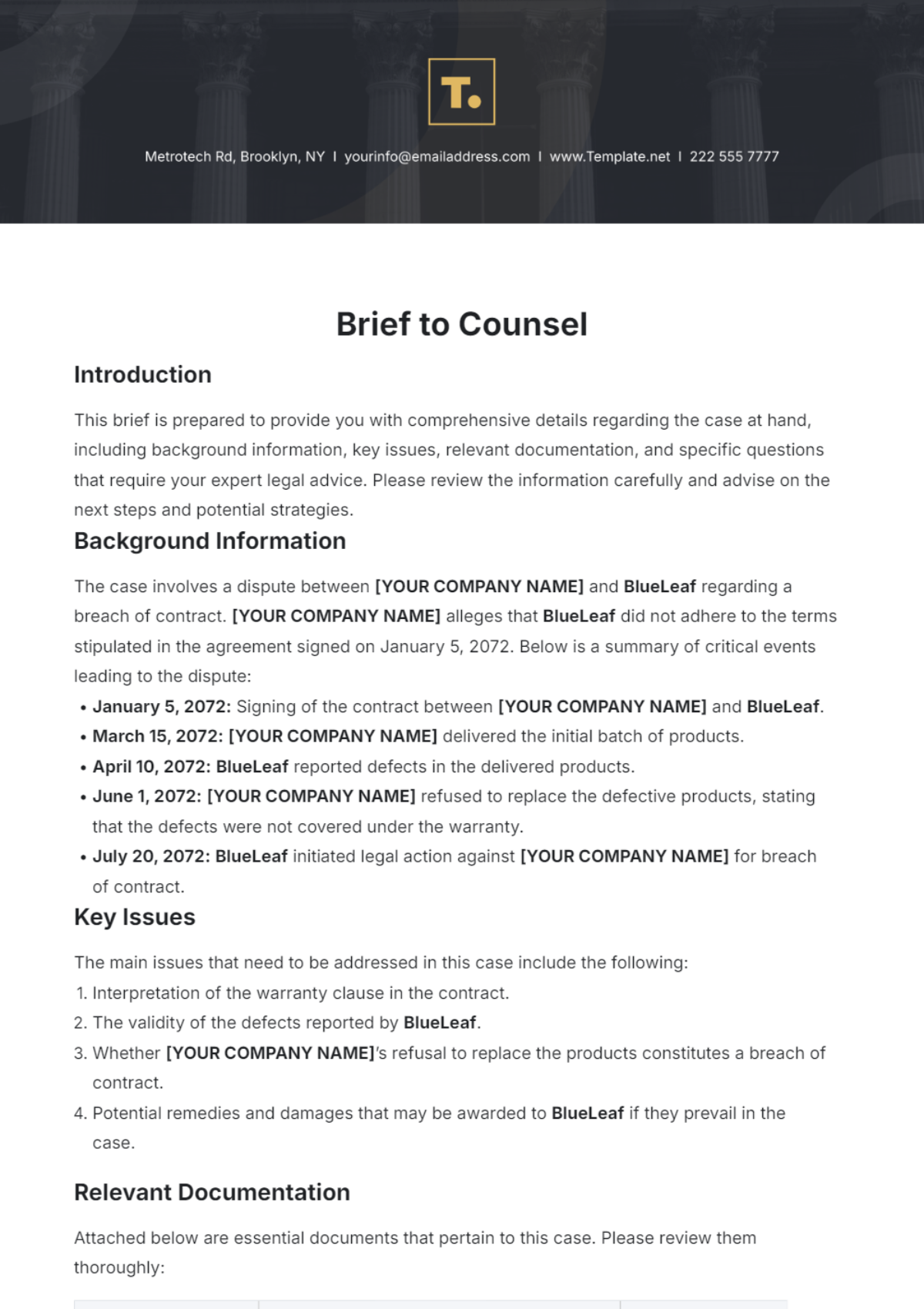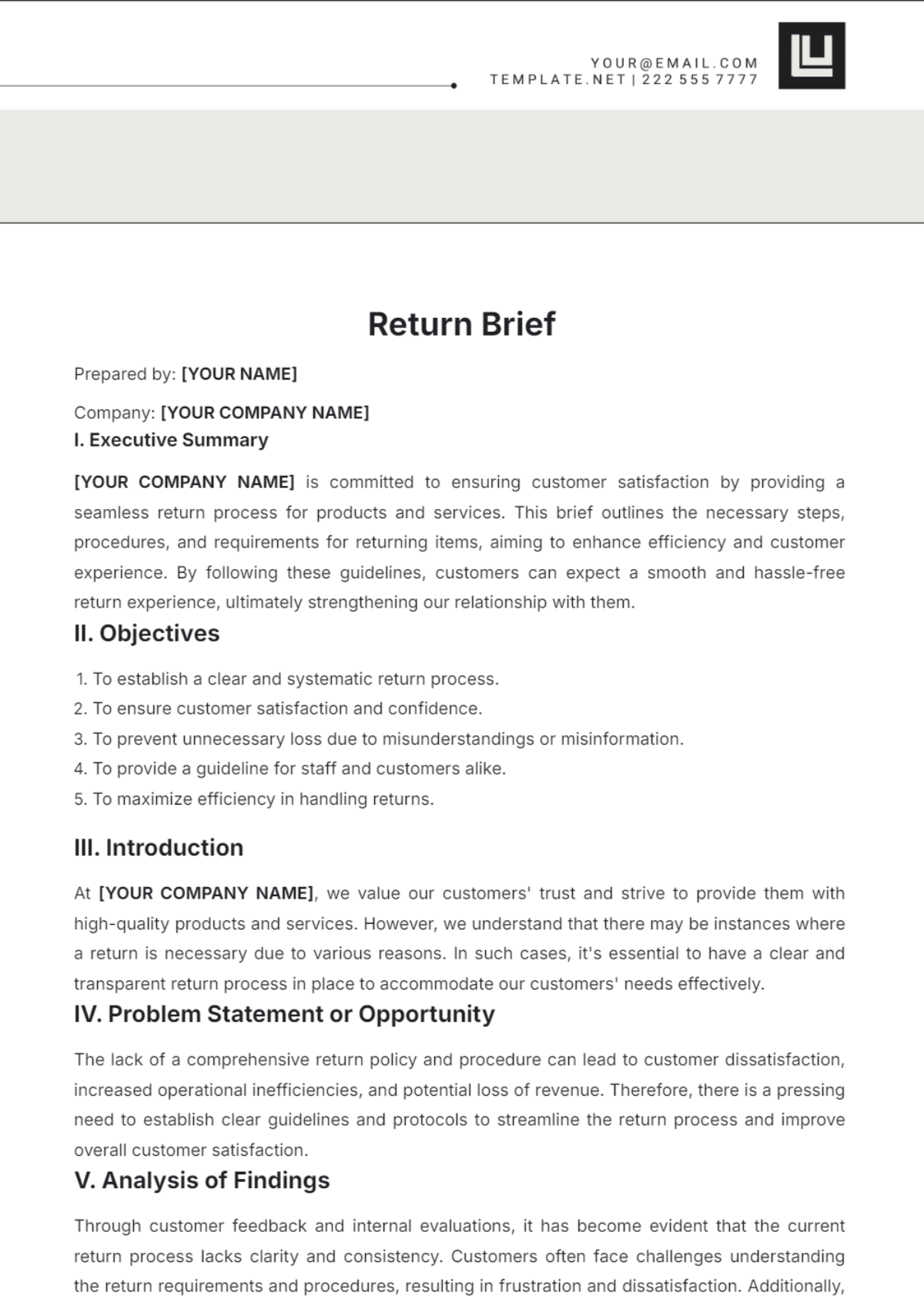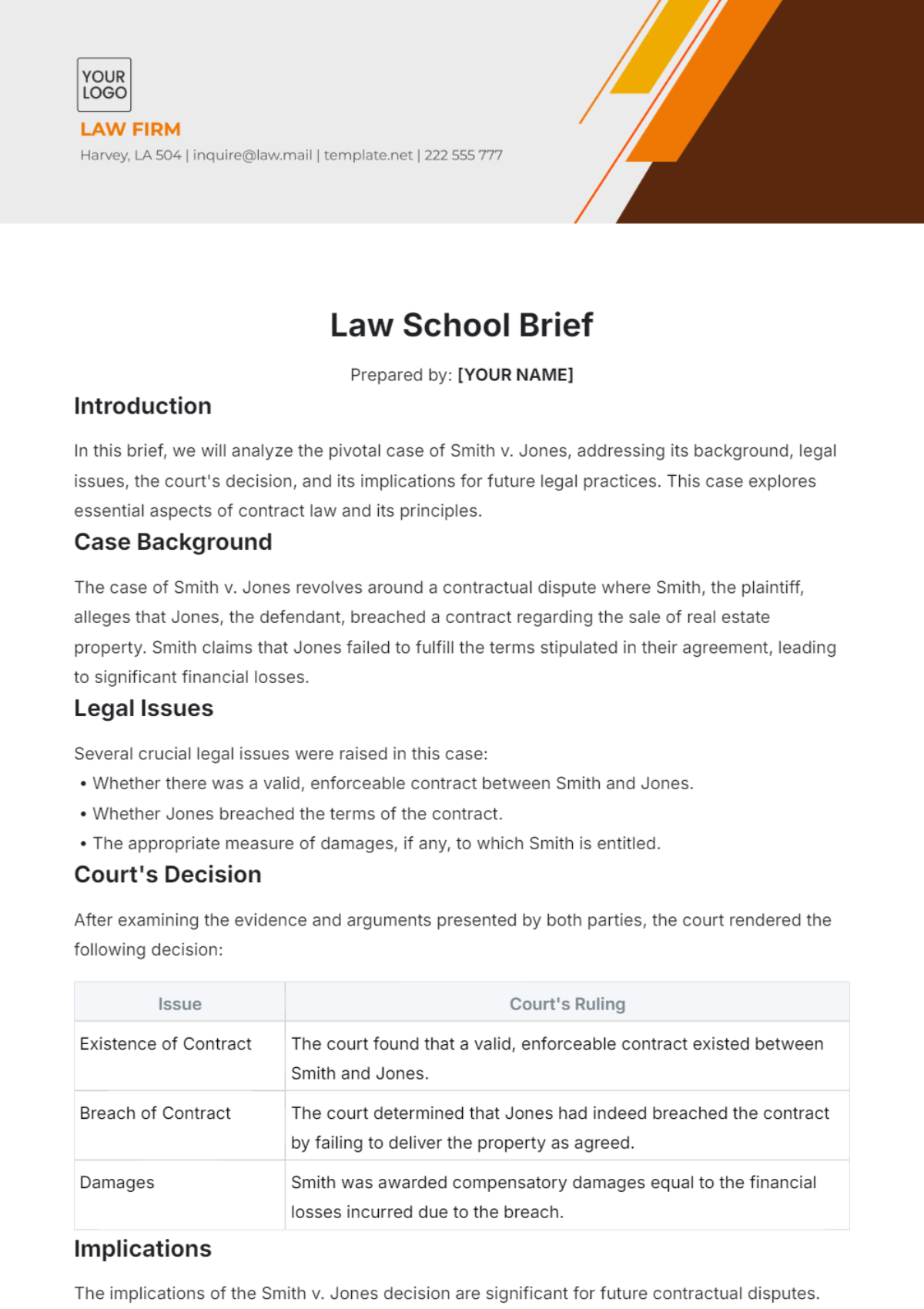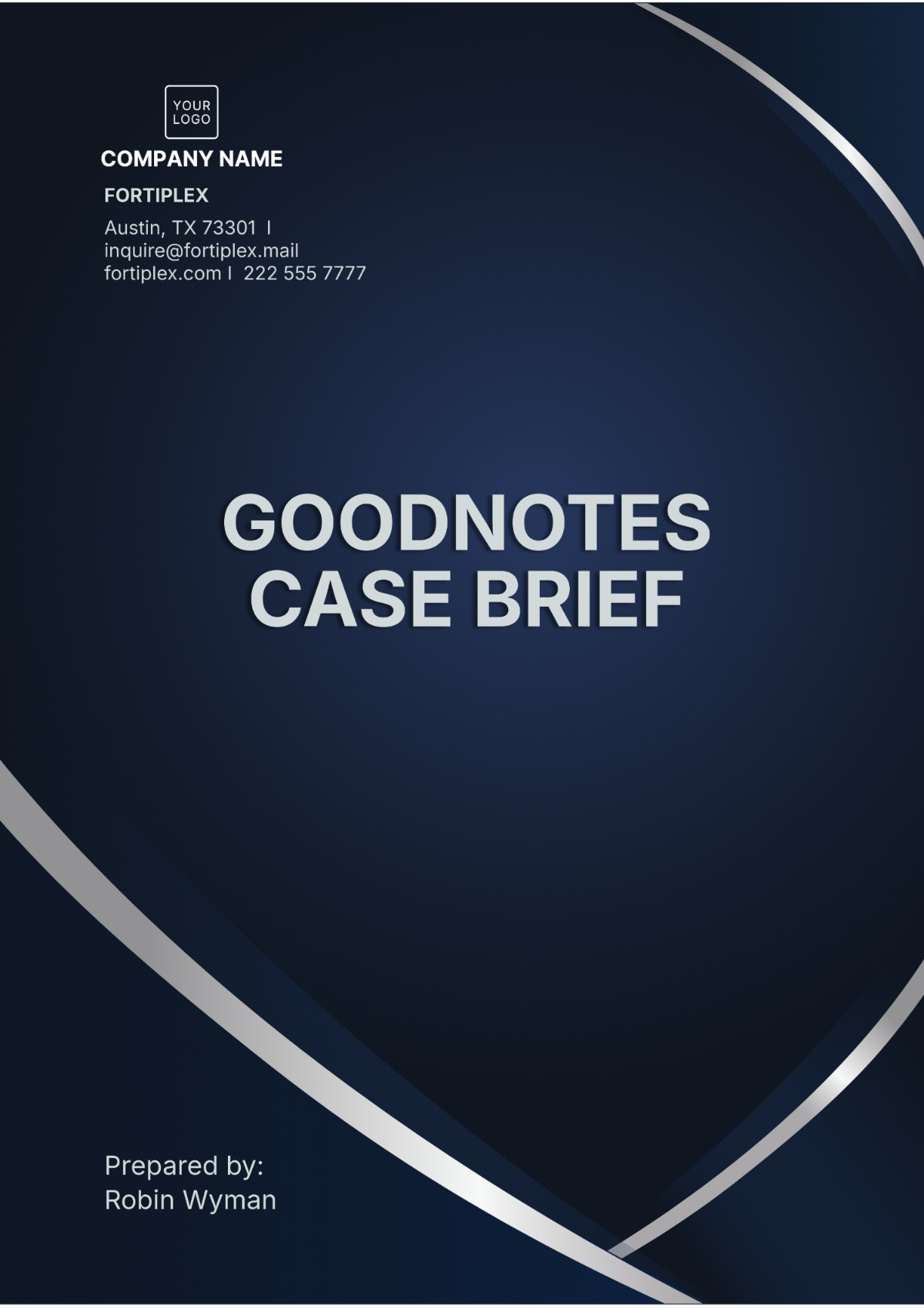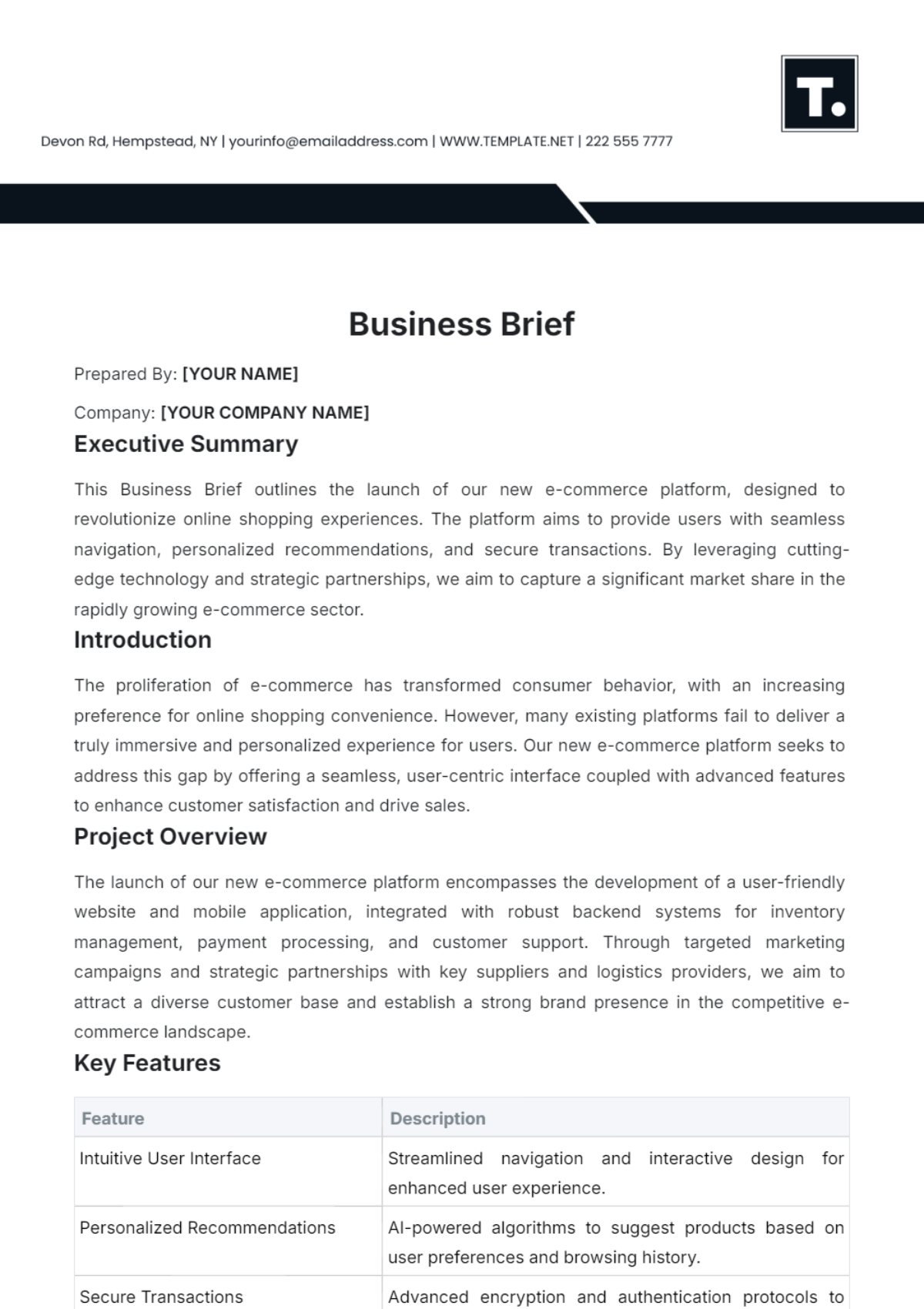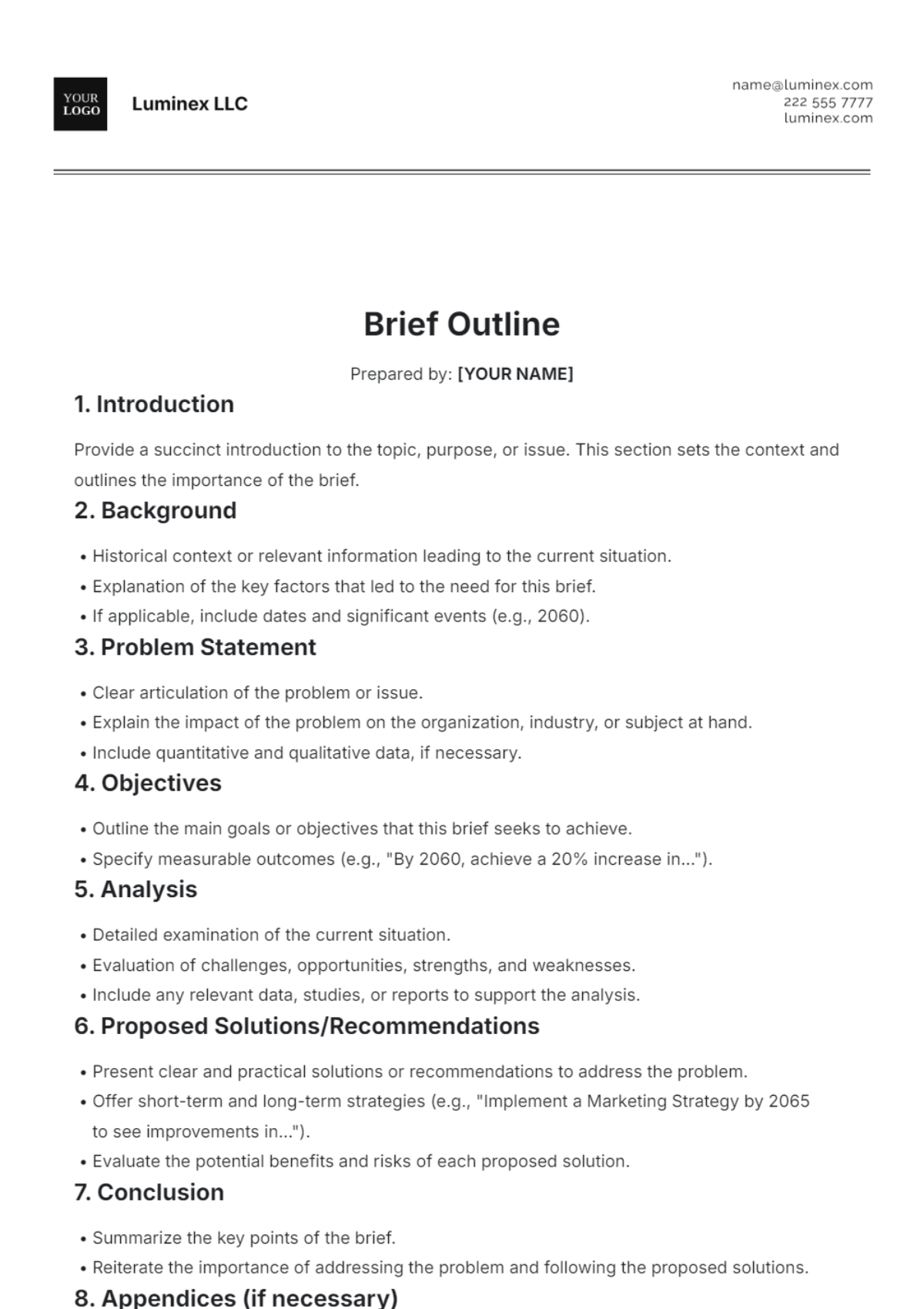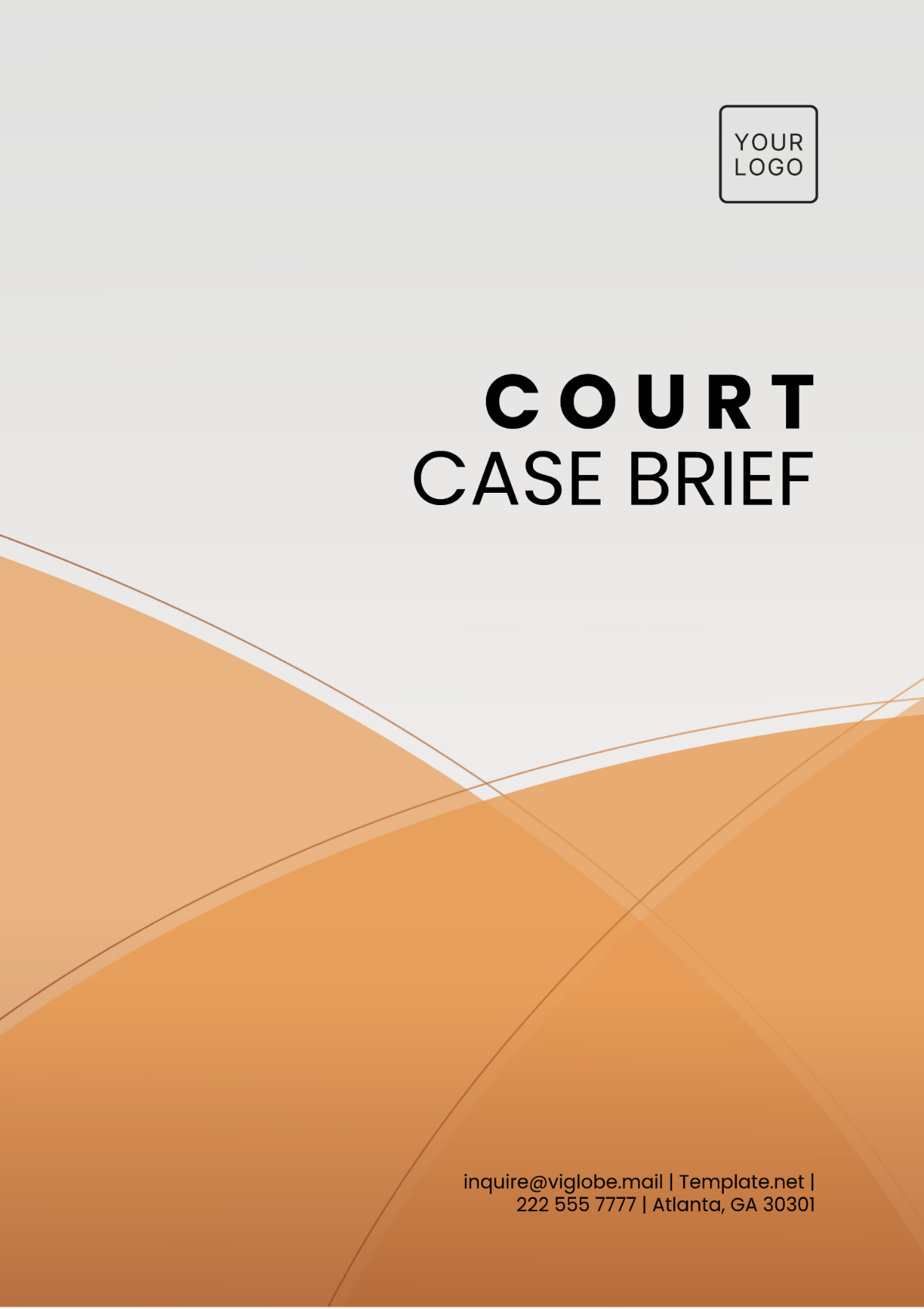Pierson v. Post
Case Brief
I. Case Citation
Pierson v. Post, 3 Cai. R. 175 (N.Y. Sup. Ct. 1805)
II. Introduction
Pierson v. Post is a landmark case in American property law that addresses the issue of "first possession" in hunting rights. The case revolves around the question of whether mere pursuit of wild game without capture grants sufficient property rights to prevent another hunter from claiming the game as their own.
III. Facts
Jeremiah Pierson was hunting a fox on land owned by Lodowick Post.
Pierson was in pursuit of the fox when Post, also hunting, killed the fox and claimed it as his own.
Pierson subsequently sued Post for the value of the fox.
IV. Issue
Whether mere pursuit of wild game without capture establishes sufficient property rights to prevent another hunter from claiming the game as their own.
V. Holding
The court ruled in favor of Lodowick Post, holding that Jeremiah Pierson's pursuit of the fox did not establish ownership rights, and Lodowick Post's act of killing and taking possession of the fox granted him ownership.
VI. Reasoning
The court emphasized the principle of "first possession," asserting that property rights are established only upon physical possession or control.
Pursuit alone does not confer ownership; ownership is acquired through actual possession or capture.
Pierson's pursuit of the fox did not give him exclusive rights to it, as he had not yet captured or possessed the animal.
Post's act of killing and taking possession of the fox constituted sufficient evidence of ownership, as he had physically possessed the animal.
VII. Conclusion
The court affirmed the lower court's decision in favor of Lodowick Post, holding that Jeremiah Pierson's pursuit of the fox did not grant him ownership rights, and Lodowick Post's act of killing and taking possession established his ownership of the fox.





